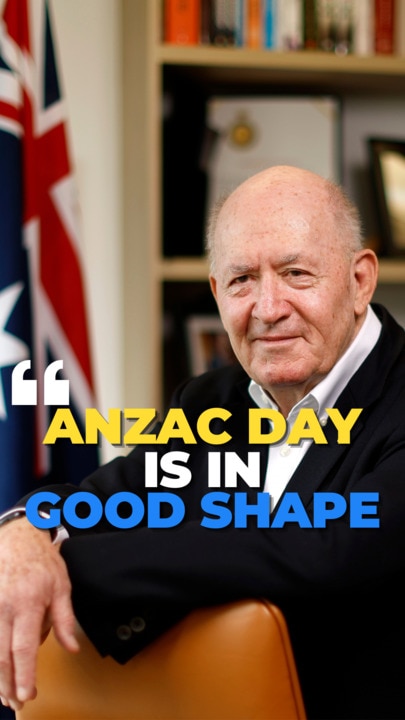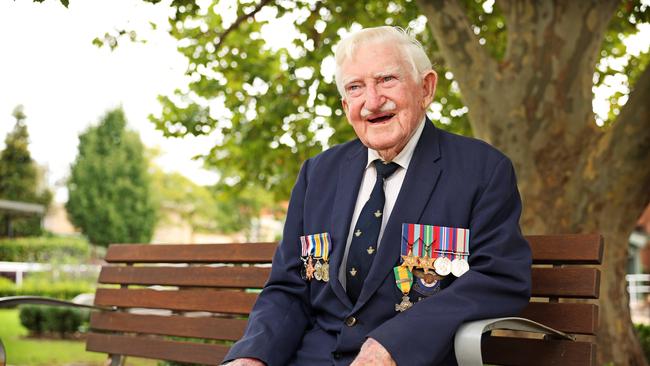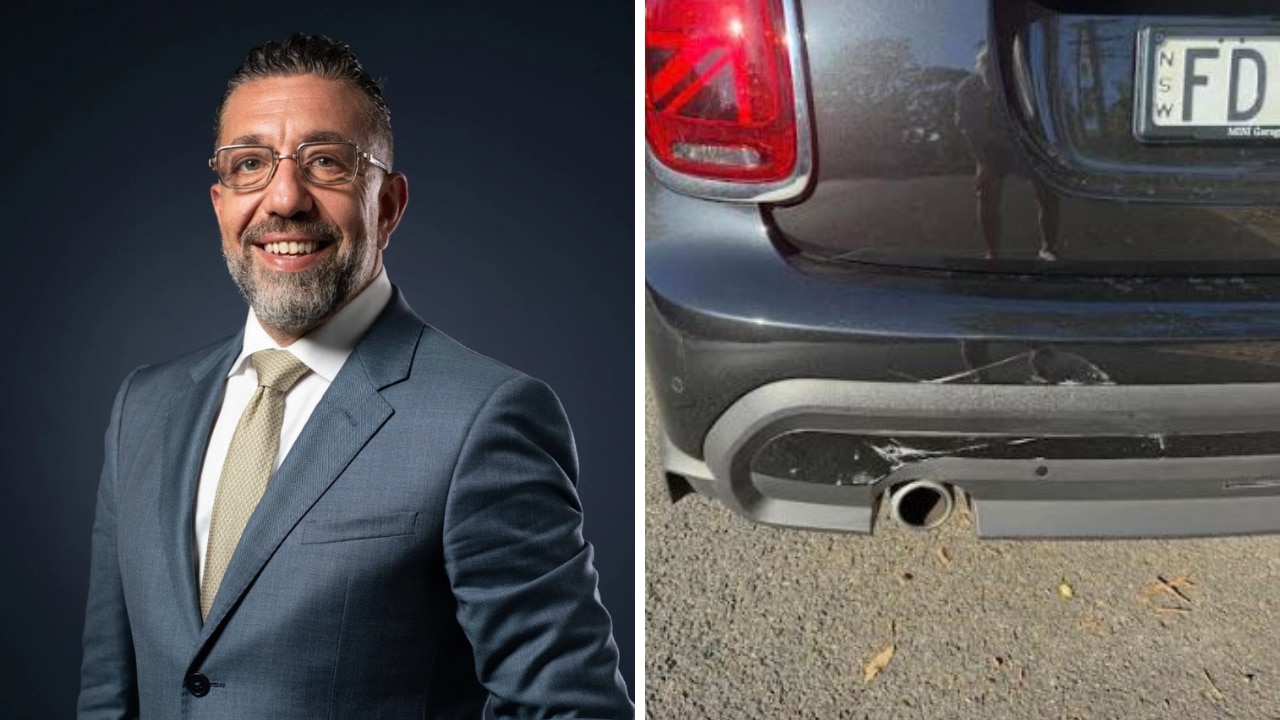Sole survivor of the New Guinea radar operations will march on Anzac Day
They operated in secret in the New Guinea jungle, operating advanced radar technology to provide Australia with protection against Japanese fighter bombers. The sole survivor of those RAAF radar crews will march on Anzac Day in memory of his mates.

NSW
Don't miss out on the headlines from NSW. Followed categories will be added to My News.
It will be an Anzac Day of deep significance for World War II veteran John McAuley.
The boy from a tiny railway town in South Australia who became chief economist for the State Bank of NSW will proudly don his medals next week and march for the first time as a centenarian after celebrating his 100th birthday last June.
But he will also set out along Elizabeth St shouldering a profound sadness that he is now the sole surviving member of the air force radar crews that operated secretly in New Guinea more than 80 years ago. His final colleague died last October.
“I’ll be there again,” he said. “I’ve got to use the walker and I’ll go as far as I can with my grandson. I can’t keep up with the pace so we’ll break off to the side. But I got to the end last year and propose to do the same this time.”

Explaining what Anzac Day means to him, McAuley’s eyes moisten.
“It’s about remembering and honouring the people I knew who have now departed, and it’s about keeping alive the spirit of Anzac, which I hold dear to my heart,” he said.
“The Anzac spirit is non-political. It’s about serving Australia and it’s given us the best government machinery of any country in the world, although I guess we don’t have too much competition in that regard at the moment.
“Those who served, not only in the world wars but all the wars we’ve been involved in, secured for us a country where a person’s worth is revered, respected and observed.”
McAuley, who was long-time treasurer for the United Nations Association of Australia and still lives unassisted in a nursing home in Sydney’s northwest, added: “War is not to be glorified. What we need is peace with justice.”
Born in the Suth Australian town of Peterborough, population less than 1000, McAuley’s upbringing was tough. He was just 15-months-old when he lost the father he never knew to cancer while his mother was stripped of her life savings when a lawyer entrusted with the family’s affairs lost all their money punting on horses.
A school age McAuley moved to Broken Hill to live with his grandmother and joined the RAAF the day he turned 18.
Within months he was operating advanced radar equipment from under camouflage netting on the back of trucks in Merauke – a remote New Guinea jungle location surrounded by swamplands.

The job was detecting and reporting on aircraft movements to provide a vital layer of protection against Japanese fighter bombers as the threat in the Pacific loomed large.
The radar crews were in such isolation, McAuley recalls not hearing any news of the outside world for more than 12 months.
“There were no newspapers where we were,” he chuckled. “We were also warned during our training not to discuss where we were, where we were going or what we were doing.”
Radar Stations across New Guinea and North Queensland were set up in the months after the bombing of Darwin, where Japanese air raids claimed more than 250 lives.
“You can understand why the need for secrecy,” he said. “We were using Ground Control Interception which had the ability to detect the whereabouts of aircraft flying at higher altitudes than ordinary radar could check. It made a big improvement to the British war effort and to us as well.”
After a quick discussion on Donald Trump’s tariffs and the former economist noting “I don’t think we quite know where it’s going to finish”, he needs to get ready for a trip to the movies.
McAuley lost his wife of 64 years, Margaret, in 2010. But a cross section of family – he has three children, nine grandchildren and 30 great grandchildren – are taking him out ahead of Easter.
“They mean everything to me,” he said. As do the mates he will march for next week.
* A sunset service and entertainment will be held on Anzac Day eve at the Sydney Opera House from 4.30-6.00pm.


